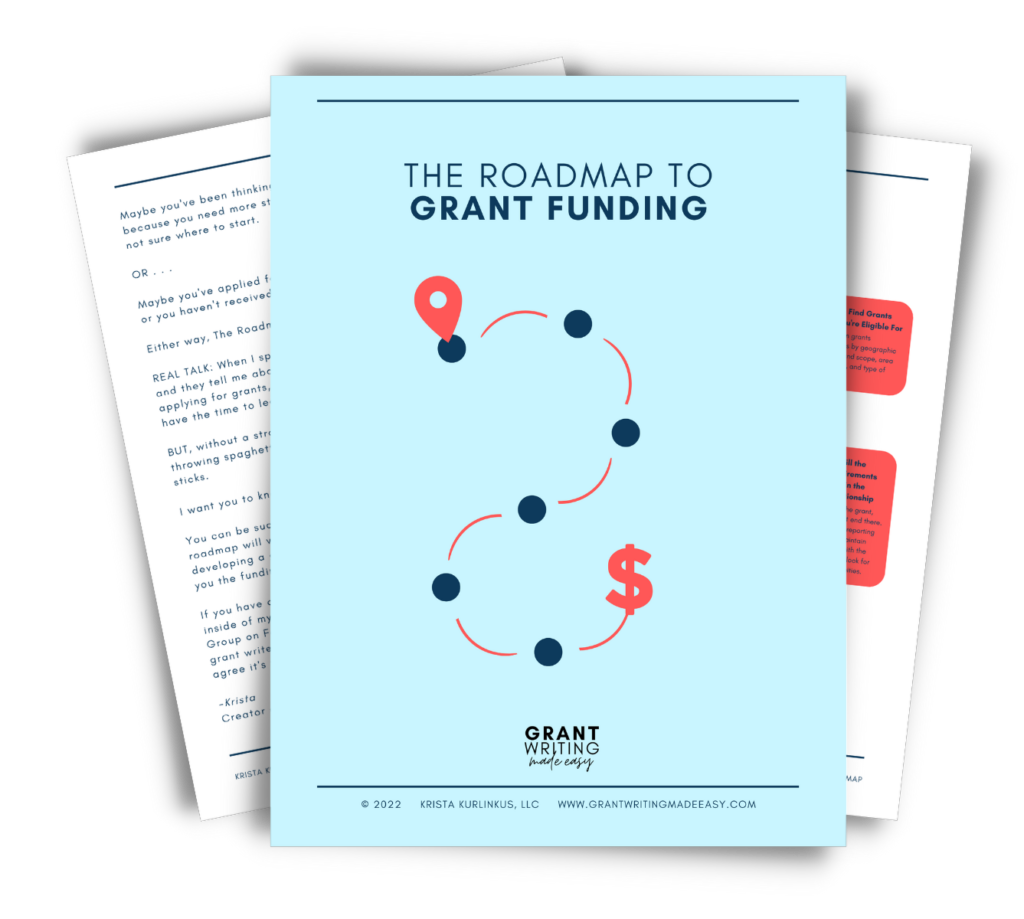I think we can all agree that there’s no feeling quite like finding out you won a grant. When we find out that grants we’ve written for our clients are awarded, we are THRILLED.
Maybe you can relate.
I hope that you track these grant wins on a spreadsheet somewhere, not just as a reminder of your good work, but so that you use the win as feedback that informs your grant strategy going forward.
But you shouldn’t just track your wins. You should also track and respond to grant rejections.
Now this might seem pointless. After all, you didn’t get the money, so what else is there to say?
That is the wrong way of thinking!
Grant rejections are valuable feedback too.
Keep these on your master spreadsheet with all the grants you apply for. Record important information like when you applied, how much you asked for, and the category of funding (or if it was for a specific program, which program it was) that you applied for. I also recommend linking to the folder on your Google Drive where you keep the application itself.
Why?
So you can diagnose the reason you weren’t awarded and use that information in the future to increase your chances of being awarded.
How to respond to grant rejections: Ask for feedback
Now you might think that a grant rejection is the end of the road with a funder.
But . . . it shouldn’t be.
There’s at least one more thing that you should do to respond to grant rejections, and it’s to ask for feedback.
You can write a short email to them thanking them for the opportunity to apply and for reviewing your proposal. Then ask if they can provide any feedback about your application or more information about their decision.
Here’s a quick sample email you can use (customize it as you wish!):
Dear [name],
Thank you for your consideration of our recent proposal. I’m wondering if you would be able to give any feedback about our application. Is there anything you recommend doing differently in the next grant application?
Thank you,
[Your name]
Sometimes you might not hear back. (They’re busy, too!) But sometimes, you’ll get a response.
I know this because we ask for feedback from grantmakers for our clients.
They might tell you that it’s not a good fit. Or they might share more information about their funding priorities that you couldn’t have found anywhere online. Or they might give you specific feedback about your application, places where it could have been stronger, for example.
All the information you get should also go in your notes on the spreadsheet where you track your grants.
It’s really all about being more strategic with your grantseeking. I know that your time is valuable, and asking for feedback after a grant rejection might seem like an extra step you don’t have time to do. But making data-driven decisions saves you time in the long run.
Having a grant strategy is really all about saving time in the long run.
Ready to get started developing your grant strategy? Download The Roadmap to Grant Funding today → https://www.grantwritingmadeeasy.com/free-grant-funding-roadmap/







